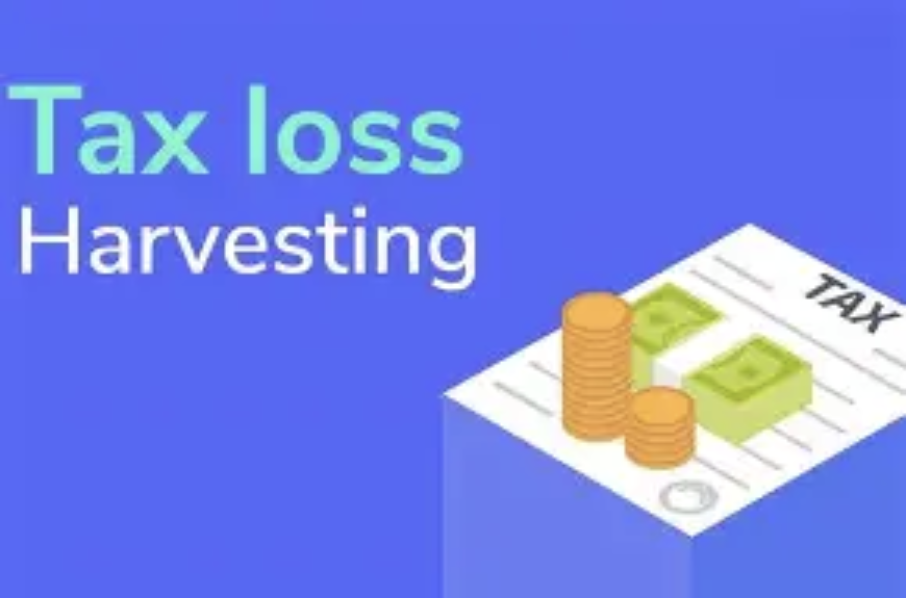For those with substantial incomes, tax payments are unavoidable, but excessive payments are optional. An effective and lawful tax strategy not only minimizes your obligation; it also allows you to retain additional funds similar to receiving an extra paycheck. However, numerous affluent individuals fail to recognize subtle opportunities for tax savings, viewing tax planning as a task to be handled at the last moment rather than an ongoing approach throughout the year. What separates a standard tax return from a customized strategy? It could mean tens of thousands of dollars that might help achieve your aspirations—be it a long-desired getaway, securing your retirement, or increasing your wealth. Here’s how you can access that "extra paycheck."

Instead of giving cash, consider contributing appreciated stocks or real estate. This approach allows you to bypass capital gains tax on the profit increase and receive a tax deduction based on the entire current value. For instance, if you purchased stock valued at $10,000 that has risen to $30,000, donating it would exempt you from taxes on the $20,000 increase while providing a $30,000 deduction. This strategy enables you to assist your preferred causes while retaining a greater portion of your finances, proving to be significantly more effective than simply writing a check.
Tax-Loss Harvesting for Investments
If certain investments decline in value, consider selling them to “harvest” the loss, which you can use to counterbalance capital gains from different investments. Should losses surpass gains, you are permitted to deduct up to $3,000 from regular income and carry any leftover losses into future years. This practice is not simply about taking a financial hit; it focuses on converting setbacks into tax benefits. Wealthy investors frequently apply this method to lower their total tax obligations while methodically adjusting their investment portfolios.

Retirement Plan Catch-Up Contributions
Individuals aged 50 and over can utilize catch-up contributions to enhance their retirement accounts. In 2024, you are eligible to contribute an extra $7,500 to 401(k)s and $1,000 to IRAs. These additional contributions reduce your current taxable earnings and accumulate tax-deferred (or tax-free in the case of Roth accounts). For a 55-year-old making $300,000, fully utilizing catch-up contributions can result in savings exceeding $3,000 in taxes each year—leading to substantial retirement savings over a ten-year period.
State Tax Arbitrage Strategies
For those residing in states with high taxes (such as California or New York), it may be wise to take strategic actions like establishing residency in a more tax-friendly state (like Florida or Texas) dependent on the time spent there. Alternatively, engage with state-sponsored tax benefits, such as deductions from New York’s 529 plans or California’s renewable energy tax incentives. These strategies allow for a decrease in state tax obligations without the need for permanent relocation, enabling you to retain more of your earnings in your local area.

Creating a legitimate tax strategy isn’t about “gaming the system”—it’s about leveraging the tax code to benefit yourself. For individuals with high incomes, every dollar conserved in taxes translates to a dollar earned. By concentrating on these detailed tactics, you are not only decreasing your tax expenses but also generating a kind of “additional income” that supports your financial aspirations. The essential factor? Begin early, maintain consistency, and collaborate with a professional who can customize these strategies for your specific circumstances.



